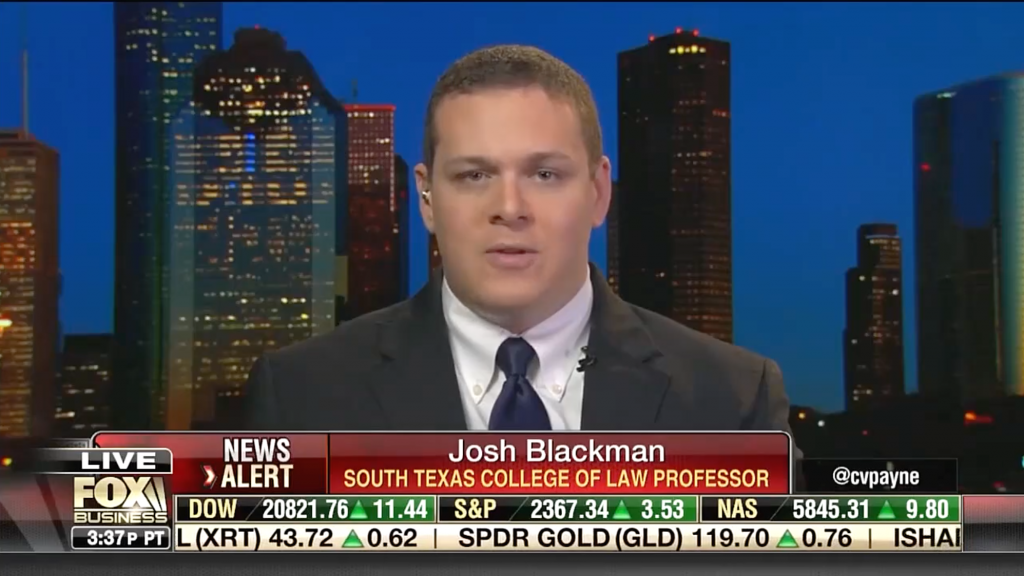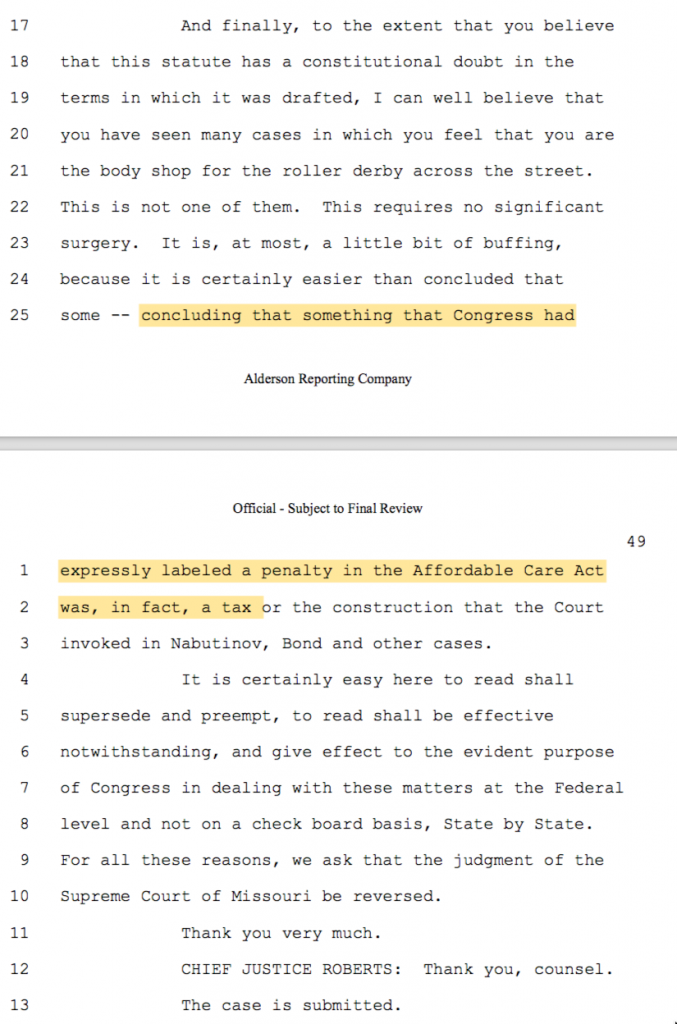Class 15 – 3/3/17
Future Interests III: Rule Against Perpetuities
- Rules Furthering Marketability, 303-307
- Common Law Rule, 307-311 (Skip Class gifts 311-312)
- Problems, 312-314
- Perpetuity Reform Movement, 328-332 (skim)
- Texas Rule Against Perpetuity
Note: Nothing from this lecture, including The Rule Against Perpetuities, will be tested on the final examination. In other words, this is a wrap for RAP. But you will need to know it for the bar exam. Learn it now, and make your life much easier in two years (learning it for the first time out of context is much tougher the month before the bar).
The lecture notes are here.
Thankfully, Texas has abolished the Rule in Shelley’s case, the Doctrine of Worthier Title, and the Rule Forbidding a Remainder in the Grantor’s Heirs. This is the Texas Rule Against Perpetuities.
RULE AGAINST PERPETUITIES. The rule against perpetuities applies to trusts other than charitable trusts. Accordingly, an interest is not good unless it must vest, if at all, not later than 21 years after some life in being at the time of the creation of the interest, plus a period of gestation. Any interest in a trust may, however, be reformed or construed to the extent and as provided by Section 5.043.
In case you were wondering, the youngest mother on record is five-years old. And in a bizarre case, a man adopted his girlfriend to protect his assets.
And, if you hate the Rule against Perpetuities, blame this guy. Orlando Bridgeman, whose crazy conveyances raised the possibility of perpetuity, which led to the creation of the Rule Against Perpetuities. Don’t blame me. Blame Orlando. Note: The Rule Against Perpetuities will not be tested on the final examination. In other words, this is a wrap for RAP.
Don’t blame me. Blame Orlando. Note: The Rule Against Perpetuities will not be tested on the final examination. In other words, this is a wrap for RAP.



